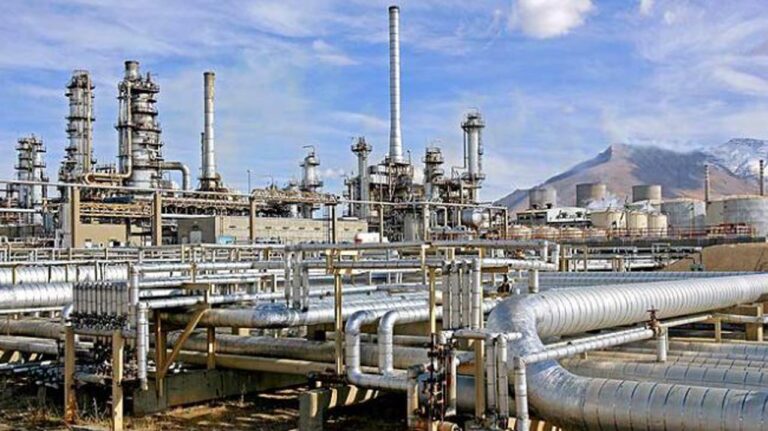What once promised to revitalize Nigeria’s oil sector has now unraveled into a scandal of staggering proportions. A multibillion-dollar project to rehabilitate the country’s refineries has triggered outrage, arrests, and a ban on international travel for several top officials.
The Nigerian Immigration Service has reportedly seized the passports of officials linked to the alleged misappropriation of $2.96 billion allocated for overhauling Nigeria’s long-dormant refineries. The travel restrictions were enforced following a directive to flag at least 16 individuals, preventing them from leaving the country amid an ongoing investigation.
“We were given names and told to restrict their movement,” a source within the immigration agency confirmed, speaking on condition of anonymity.
The scandal centers on the rehabilitation of the Port Harcourt, Warri, and Kaduna refineries — a major national initiative that once symbolized hope for energy self-sufficiency and reduced dependence on imported fuel. But now, it has drawn sharp scrutiny from the Economic and Financial Crimes Commission (EFCC), which has already made several arrests and is pursuing more suspects.
According to the EFCC, funds earmarked for the project were distributed as follows:
-
Warri Refinery: $656.96 million
-
Kaduna Refinery: $740.67 million
-
Port Harcourt Refinery: $1.56 billion
Despite this massive financial injection, the state of Nigeria’s refineries remains dismal. An EFCC official stated, “Nigerians want answers. Where is the money, and why are the refineries still underperforming?”
The Rise and Fall of Nigeria’s Refinery Hopes
In August 2023, the federal government announced an ambitious plan to bring all four of its ailing refineries back online, a move seen by many as a strategic response to the impending dominance of the privately owned Dangote Refinery. Nigeria, despite being Africa’s largest oil producer, had long relied heavily on imported refined products due to its outdated and inefficient refineries.
Among these facilities were:
-
The 110,000-barrel-per-day Kaduna refinery in the north
-
The 125,000-barrel-per-day Warri refinery
-
Additional plants in the Niger Delta, with the Port Harcourt refinery receiving the largest overhaul, reportedly worth $1.5 billion
The contract for the Port Harcourt upgrade was awarded to Italy’s Tecnimont, and the project was slated to span 44 months.
Towards the end of 2023, government sources and news outlets touted that the Warri and Port Harcourt refineries were up and running, fueling optimism. But by 2024, operational challenges quickly surfaced. The facilities were frequently shut down for repairs, plagued by inefficiencies, and unable to meet even modest production targets. Workers raised concerns over conditions and management, casting further doubt on the credibility of the reported progress.
Shocking Revelations and Unanswered Questions
Perhaps the most damning detail came when the Nigerian National Petroleum Company Limited (NNPC) revealed that ₦80 billion (approximately $54 million) had been discovered in an account linked to one of the dismissed Managing Directors, intensifying suspicion of large-scale embezzlement.
The refinery fraud case has sent shockwaves across the country and raised questions about accountability, governance, and the future of state-run infrastructure projects. What was once touted as a turning point for Nigeria’s energy sector is now a sobering reminder of the deep-rooted issues that continue to undermine public trust.
As the investigation deepens, the country watches closely, hoping that justice will not only be served but that lessons will be learned to prevent similar scandals in the future.

